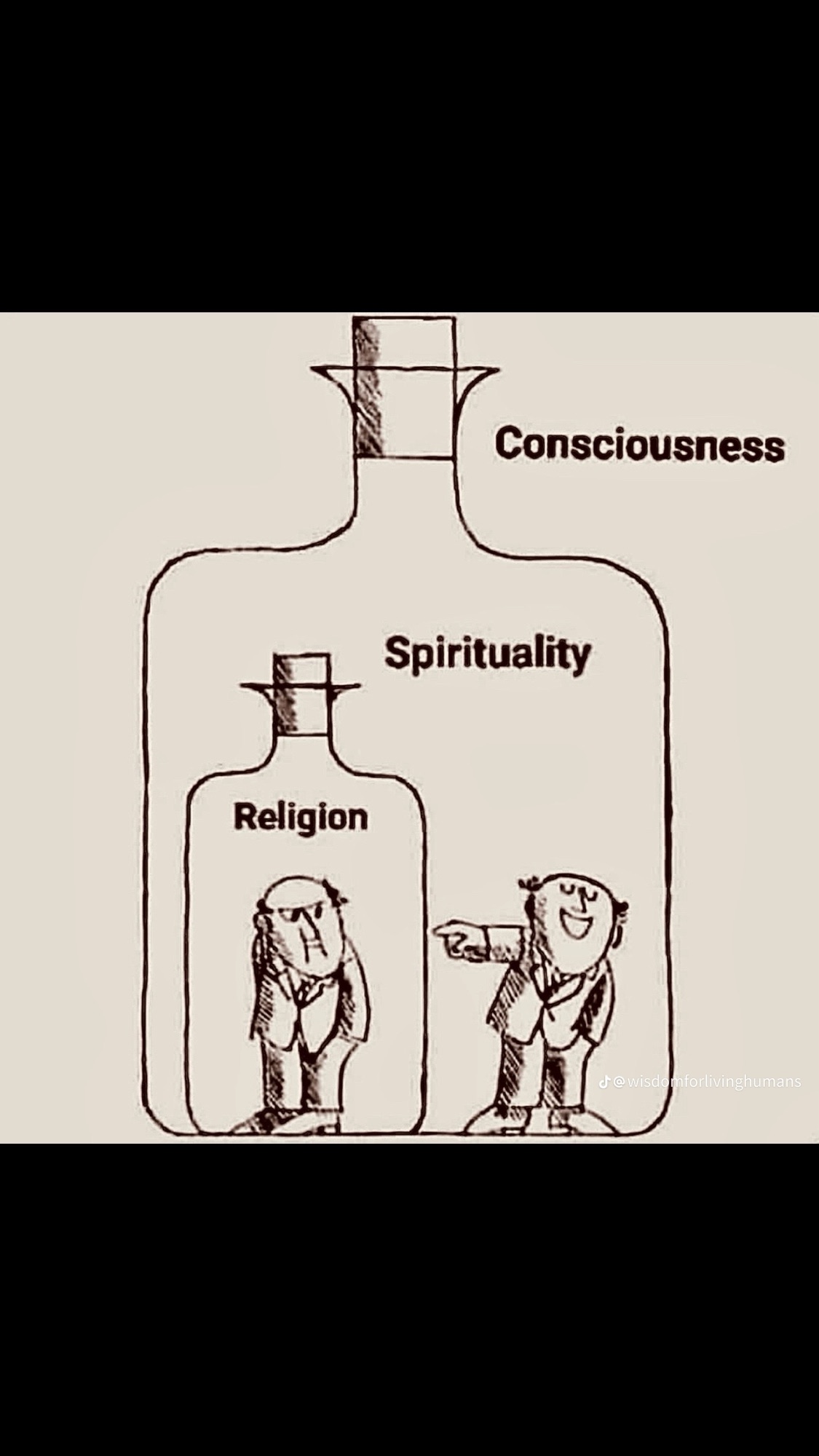The idea of God as an omnipotent overseer can evoke strong emotions and spark meaningful debate about the ways religious narratives influence personal identity and self-acceptance. Many people wrestle with the image of God as an authoritative figure who demands adherence to rules that feel restrictive. This portrayal of God often leads to feelings of guilt, shame, and the suppression of personal desires. For those who struggle with these dynamics, God can feel more like a gatekeeper, limiting the freedom to fully embrace oneself.
In this view, religious frameworks may impose constraints that hinder self-acceptance, fostering a reliance on external validation from a higher power rather than nurturing a sense of inner peace. People may feel trapped in a dynamic where their worth is measured against a set of ideals, and they find themselves constantly seeking approval from outside rather than cultivating self-worth from within.
However, not all religious interpretations are this restrictive. Some see God as a source of unconditional love, one who encourages growth, transformation, and acceptance. In these interpretations, God’s role is more of a compassionate guide than a controlling force. Teachings within these frameworks promote self-exploration and personal development, rather than repression. God becomes a figure who nurtures, rather than one who limits, leading to a more balanced and accepting view of oneself.
For many, the process of breaking free from rigid religious narratives can be empowering. Without the weight of external judgment or prescribed paths to worthiness, people are free to explore who they truly are. It’s about releasing the need for validation and allowing personal authenticity to flourish.
But the challenges remain, especially when societal norms are so deeply entwined with religious beliefs. While some manage to step outside these frameworks, others continue to feel the pressures of conformity. The tension between self-acceptance and the fear of falling short of religious and societal expectations can create inner conflict.
As society often reinforces religious ideals about morality and identity, those who step away from traditional frameworks might feel caught between two worlds—one that demands adherence to external standards and another that promotes embracing individuality. This conflict can leave individuals questioning whether they are truly free to define themselves, or if they are still bound by the legacies of their upbringing and environment.
For those navigating this path, the journey toward self-acceptance may involve unlearning deep-seated beliefs and questioning long-held societal norms. It’s a process of breaking away from the confines of religious dogma and redefining what it means to be truly free. As people find their own paths, the balance between individual authenticity and external pressures remains delicate.
Have you found that breaking away from religious and societal frameworks has been liberating, or are you still navigating the tension between self-acceptance and the external expectations you were raised with? Everyone’s journey is unique, and the exploration of self outside of religious dogma is a deeply personal experience. For many, it’s an ongoing process of reconciling internal freedom with the societal forces that shape our lives.
Feel free to share your thoughts on whether stepping outside religious norms has helped you find clarity or if those influences still linger in your path to self-acceptance.
